Description
COUNTRY OF ORIGIN: Candle Wax made in the US; Palm Oil is from Indonesia
Shay and Company is your premier candle wax supplier. We offer a variety of candle waxes and will do pallet pricing so please call for orders over 20 boxes.
Elite 300 Votive/ Pillar Candle Wax: Our Elite 300 wax is available in 12-pound slabs or 60-pound boxes only. This is your vegetable-based (RSPO palm) petroleum-free votive/pillar wax for candle making! Paraffin (petroleum) is in almost every pillar/votive wax sold on the market to date. In an effort to keep our product line as clean and natural as possible we have opted to only bring in petroleum-free products. Welcome to the lineup, Elite 300 Wax! This product will take high fragrance loads and all candle/wax dyes. Elite 300 wax is sold in 12-pound slabs or 60-pound boxes only.
Elite 300 Wax Guidelines:
- Melt pillar candle wax (soy & palm blend) to between 140-200°. It is best to use a candle wax melter or double-boiler to ensure you do not burn it. Always use a thermometer to track your heat.
- Stir melting wax frequently to evenly distribute heat.
- Cool the melted wax down to 165-185° to add fragrance/essential oil/dyes. Watch the flash point on your EO’s/fragrances to determine at what temperature you should add them in. If you add the fragrance/essential oil when the wax is too hot you will just start burning off your scent. Stir well but smoothly, to allow the scent/essential oil/dye to completely blend in without creating any bubbles. I suggest a couple of minutes to ensure good dispersion. You can add 5-10% fragrance/essential oil. You will have to determine the desired amount based upon your scent/essential oil and how strong you want your candle to smell.
- Make sure your molds are at room temperature or even slightly warmer. Allow the melted wax to cool to between 140° to 155° before pouring. You can use this wax for tarts/melts. Pour tarts/melts at 140-150°F. Do not heat your molds.
- When pouring pillars, if you do not get the look you want on the initial pour allow the wax to cool a little more before pouring the next one. The larger the diameter of candle, the cooler the wax should be when you pour it.
Allow the finished candle to stand for 24 hours before removing from their molds. The longer candles can cure the better the scent throw and the better performance when burning.
C1-Soy and Palm Oil Blend. Ideal for container candles, lotion bars, massage candles, and massage oils. Comes in a flake so it is easy to measure out and melt. Fragrance load is 6-10%. Any of our wicks will work with this base. Can be blended with coconut wax, palm kernel flakes, or beeswax. C1 is sold in 1-pound, 5-pound and 50-pound sizes.
C3- Soy candle wax– 100% soy. Ideal for container candles, lotion bars, massage candles, and massage oils. Comes in a flake so it is easy to measure out and melt. Fragrance load is 6-10%. Any of our wicks will work with this base. Can be blended with coconut wax, palm kernel flakes, or beeswax. C3 is sold in 1-pound, 5-pound and 50-pound sizes.
C6 Coconut Wax-a blend of hydrogenated coconut and soy oils. Ideal for container candles, melts/tarts, massage candles and can be blended with any soy, coconut 1 or beeswax to create a different texture. Any wicks will work, but CDN wicks are specifically designed for coconut wax candles. Suggested wick sizing is one size up from what you would use with pure soy wax. Fragrance load is 6-10%. C6 is sold in 12-pound bars and 60-pound boxes only.
Coconut-1– 100% pure hydrogenated coconut oil. Ideal for container candles, lotion bars, melts/tarts, and massage candles. Must be added to any candle wax or beeswax. Not to be used as a stand-alone wax as it has too low of a melt point and will not stay firm. If used on its own the finished candle will be softer in warmer temperatures and will completely liquify when lit. Fragrance load is 6-10%. Any wicks will work, but CDN wicks are specifically designed for coconut wax candles. Suggested wick sizing is one size up from what you would use with pure soy wax. Coconut 1 is sold in 1-pound, 5-pound and 50-pound sizes.
Golden Wax 444– 100% hydrogenated soy oil and soy monoglycerides, which allows it to have a higher melt point. Golden Wax 444 is a 100% soy wax. This wax is ideal if you live in or ship candles to warmer climates (eastern Washington/Oregon, Arizona, New Mexico, Texas or just summer months). You can use this wax to create container candles and tealights. If you want to make wax melts you may need to add a softer oil to it such as coconut wax. Can be used on its own or can be blended with coconut 1 or beeswax to create a custom blend. Suggested fragrance load is 5-10%. Golden Wax 444 is in flake form and is sold in 1-pound, 5-pound, 45-pound, and 50-pound cases.
Golden Wax 454– a blend of hydrogenated coconut and soy oils. Ideal for container candles, melts/tarts, massage candles and can be blended with a soy or beeswax to create a different texture. Any wicks will work, but CDN wicks are specifically designed for coconut wax candles. Suggested wick sizing is one size up from what you would use with pure soy wax. Fragrance load is 6-10%. Golden Wax 454 is sold in 1-pound, 5-pound and 45-pound sizes.
Golden Wax 464– 100% hydrogenated soy candle wax. Can be used on its own or can be blended with coconut 1 or beeswax to create a custom blend. Suggested fragrance load is 5-10%. Any of our wicks will work. Golden Wax 464 is in flake form and is sold in 1-pound, 5-pound, 45-pound, and 50-pound cases.
Golden Wax 494– Golden Wax 494 is 100% partially hydrogenated soy wax flakes specifically meant to be used in melts and tarts! If you’re looking to expand your product line but not looking to have traditional candles, this wax is your key! This wax CANNOT be used with a wick so you cannot interchange this with container wax. You can only use this to make melts or tarts. Golden Wax 494 is in flake form and is sold in 1-pound, 5-pound and 50-pound cases.
C3/C1/C6 non-GMO statement: A note about the soy used in the soy and soy-blended candle waxes: We do not market any of our soy waxes as non-GMO. They “are produced from non-identity preserved soybeans. Although genetically-engineered soybeans are used to produce our products, qualitative PCR test results for our NatureWax products have been ND (non-detectible).”
Golden Wax non-GMO statement: Candle wax containing soybean oil may be derived from commercially grown genetically modified (GM) varieties within their respective supply chain. It is important to note that while these oils may be derived from GM varieties, residual DNA/protein is not detectable in these oils when they are fully processed (refined, bleached, and deodorized).
As for the controversy over the candle waxes made by Cargill, here is a little info on that. “We remain firmly committed to ending deforestation in our supply chains and are working to find solutions that balance agricultural production, with the need to protect forests, native vegetation and address climate change. To prevent deforestation in our supply chains, we need to transform farmer practices at scale. Change is only possible if we bring producers along. Our objective is supply chain transformation. It’s not about only enhancing our own supply chain, but also about helping the entire industry be more sustainable.
We are committed to respecting human rights by treating people with dignity and respect, both in the workplace and the communities where we do business. We expect our suppliers and partners to stand with us in prioritizing the safety, well-being and dignity of all individuals.”
In addition to pillar blend waxes, we carry a variety of different waxes for candles. You can use any of these waxes on their own, or you can blend any or all of them together. Each wax does come with full instructions on how to best use it. Candle making is an art, so please know that you will have to test each candle wax and each scent to make sure it performs the way you want it to. Each fragrance can/will behave slightly different; each wick will behave differently; each wax will behave differently. Do your production tests for each blend, make sure to measure out your ingredients by weight, not by drops or teaspoons, and keep good notes so you can replicate your successes!
Below are answers to some of the common questions I get about our candle waxes.
I also have the same question when it comes to companies marketing “virgin” coconut waxes for candles, and if our coconut waxes are “virgin”. Virgin indicates that it is the very first press of the fruit/nut and that it is not refined after that point. All oils used in candles waxes HAVE to be refined, or they won’t burn in a candle. Virgin coconut oil is what we use for cooking and baking; it has that great coconut smell and almost fleshy texture. Candle waxes are not virgin. Not any of the oil used in candle waxes could be virgin unless you are specifically using food grade virgin coconut oil and adding a large amount of other hardening agents to it (soy, palm, beeswax, paraffin). Virgin coconut will become a liquid at 76 degrees, which would make your candles soup sitting on the shelves in the store. I know there are companies out there marketing “virgin” coconut wax. My caution is just to be very careful about marketing around candle supplies as it is not regulated like the skincare industry. Candles are not intended for internal consumption, or for application to the skin, even though massage candles are used on the skin. This means that they don’t fall under the same regulatory rules as skincare, so ingredients are not required nor monitored.
Paraffin wax- we have been asked to bring in the apricot blended waxes and I know they are very popular. I have a personal agreement with myself to not carry any petroleum-based products, and all the apricot blends have petroleum in them. We here at Shay and Company have worked very hard to have the highest quality ingredients, US sourced in possible, organic if possible, sustainable if possible, and good for you and your customers. Paraffin goes against all that for me, so we have decided not to bring those in. If you’re looking for paraffin to add a boost to your fragrance throw, try adding in Stearic Acid or Coconut Wax. Both of those will help the heat throw on your plant based candle.
As for the controversy over the candle waxes made by Cargill, here is a little info on that. “We remain firmly committed to ending deforestation in our supply chains and are working to find solutions that balance agricultural production, with the need to protect forests, native vegetation and address climate change. To prevent deforestation in our supply chains, we need to transform farmer practices at scale –change is only possible if we bring producers along. Our objective is supply chain transformation. It’s not about only enhancing our own supply chain, but also about helping the entire industry be more sustainable.
We are committed to respecting human rights by treating people with dignity and respect, both in the workplace and the communities where we do business. We expect our suppliers and partners to stand with us in prioritizing the safety, well-being and dignity of all individuals.”
Heat throw- I have a lot of customers ask about increasing the heat throw on their candles. Natural candles (soy, coconut, palm and beeswax based), that don’t contain paraffin can burn differently, and sometimes softer, than candles that are made with paraffin. This is not a bad thing; it just means you get to play around a little with the natural waxes and your scents to make your candle. I have had several customers add Coconut 1 (pure coconut wax) to our other waxes (any will work). The addition of the coconut seems to help boost the scent throw. The other option is to add stearic acid to the candle. I have heard of them adding up to 10% to the base to increase the hardness of the candle and increase the scent throw.
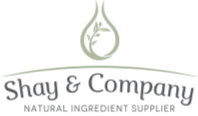

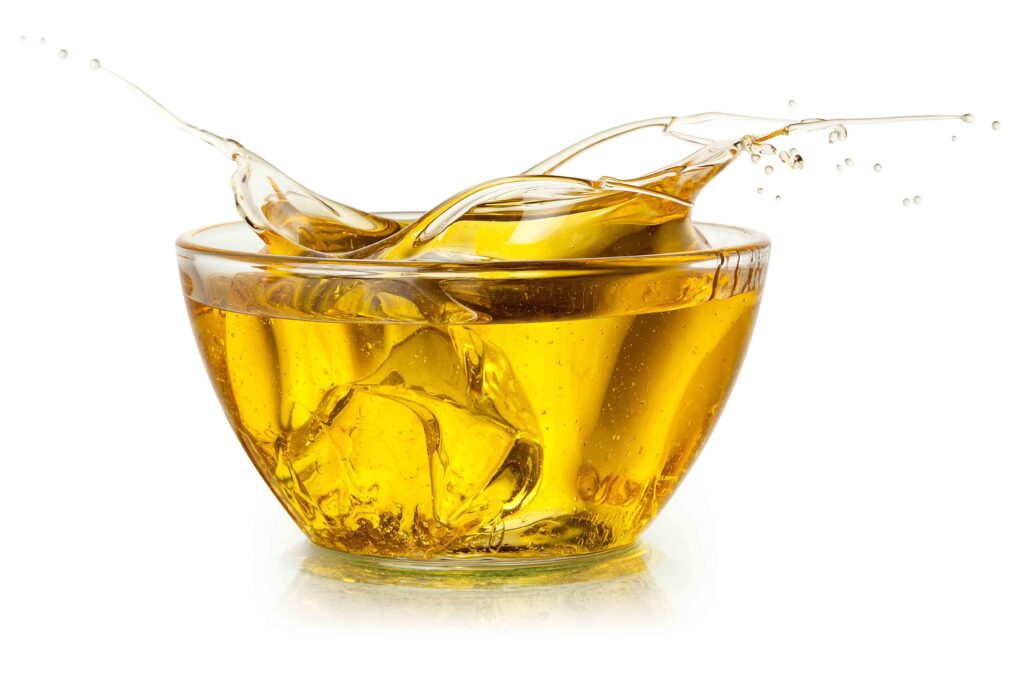
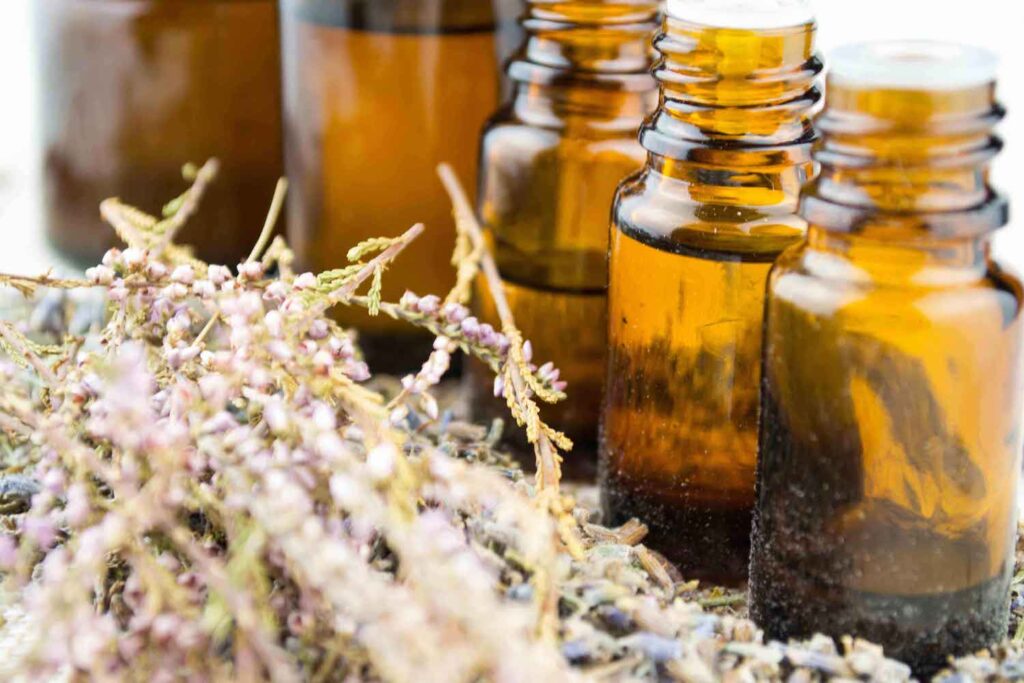


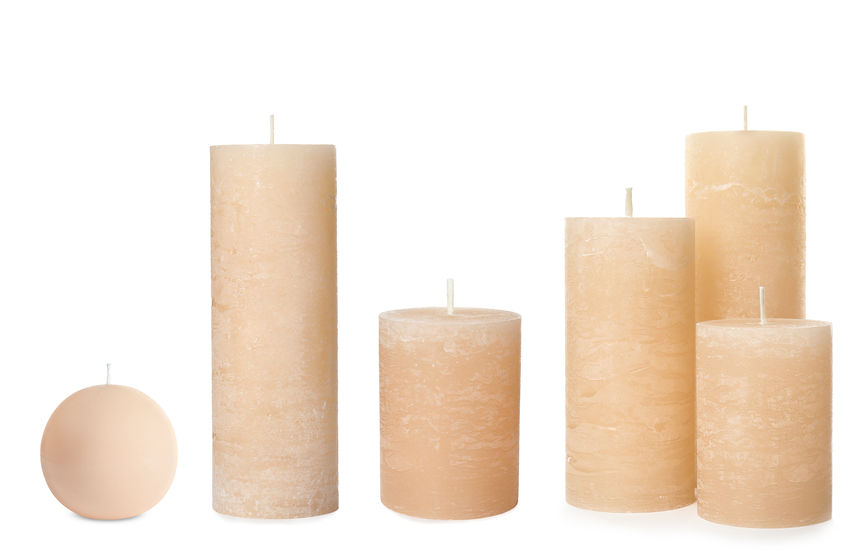
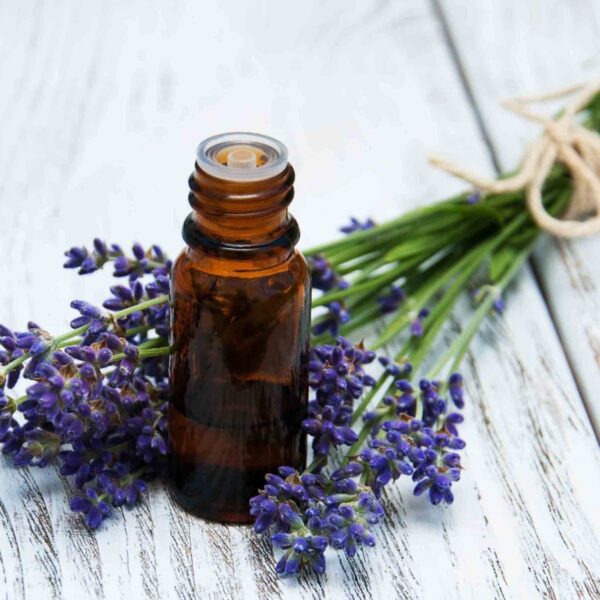
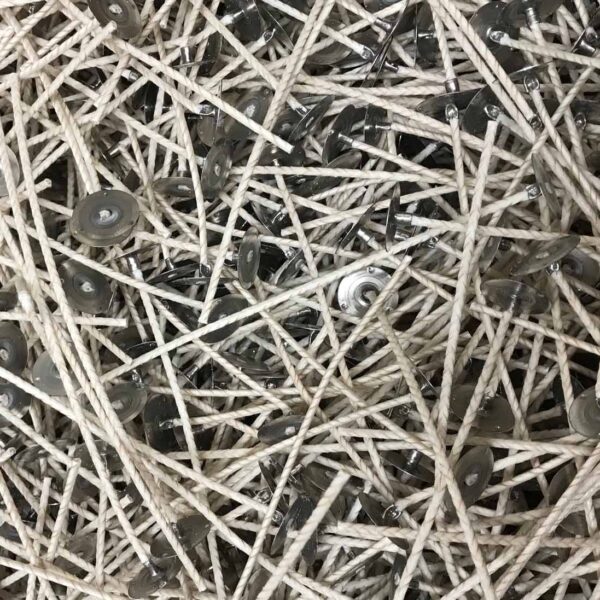
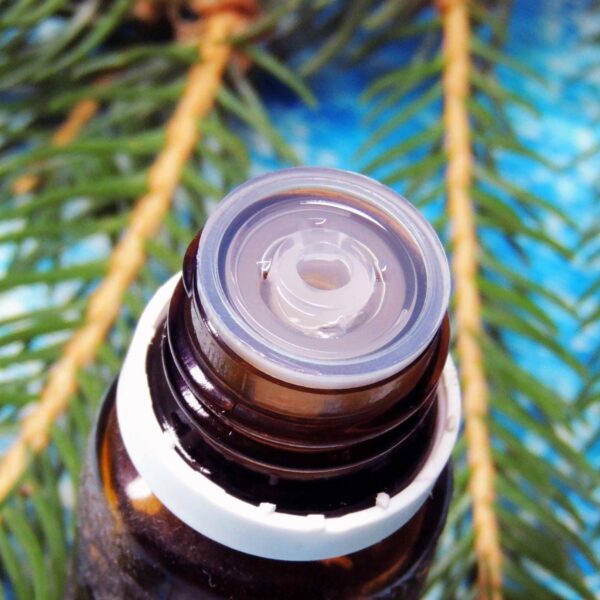
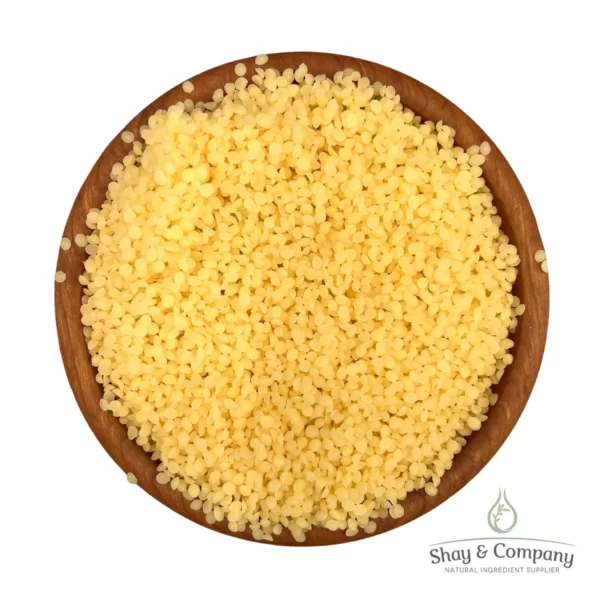
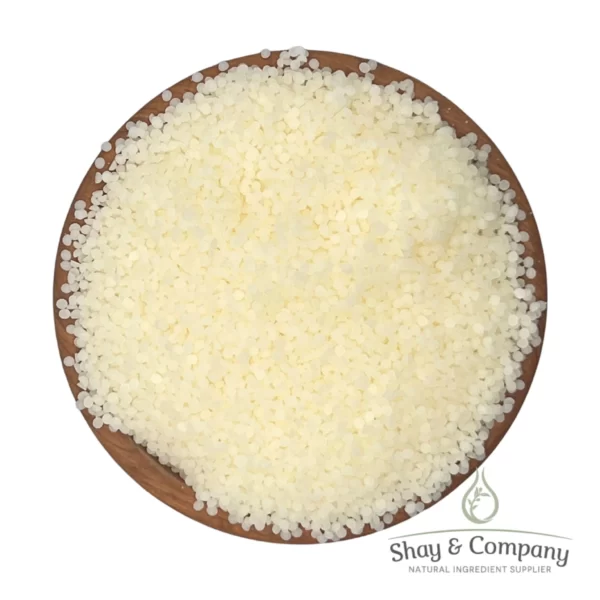
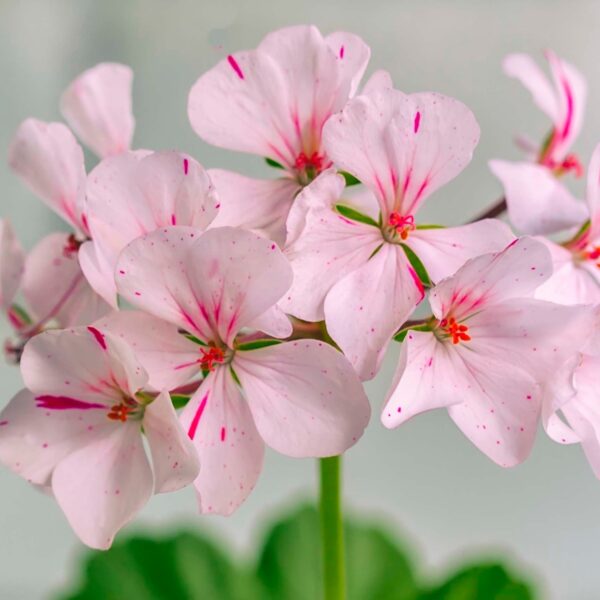
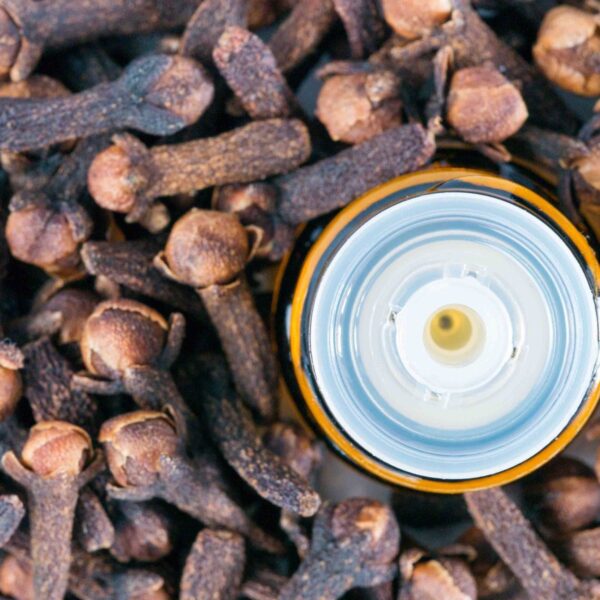
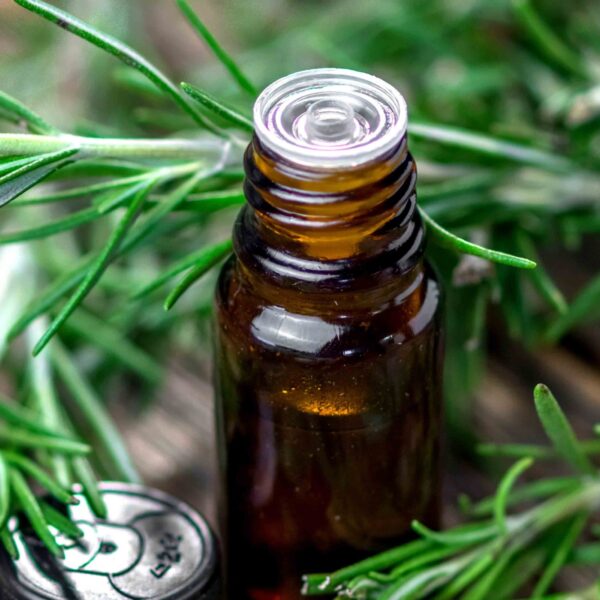
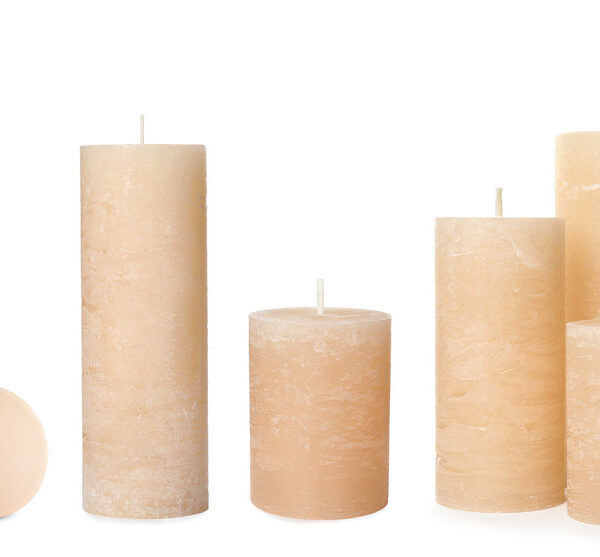


Reviews
There are no reviews yet.